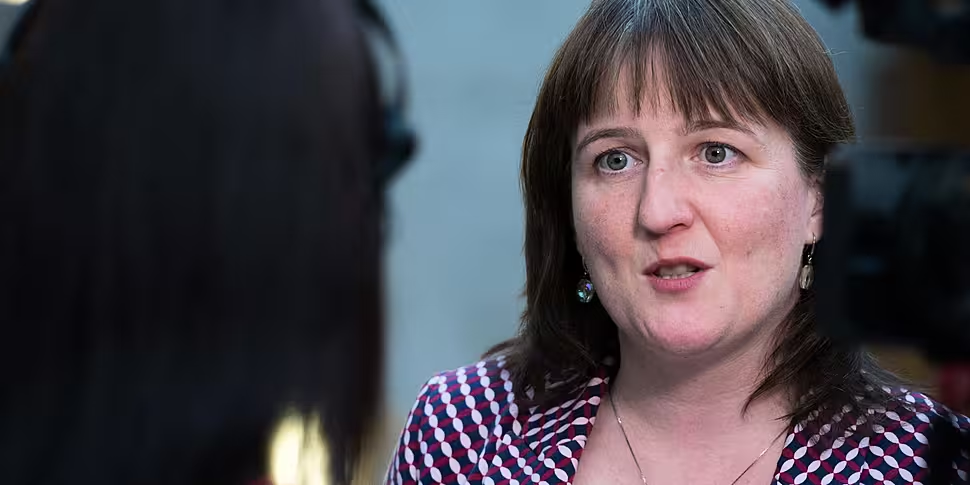A Women's Health Minister in Scotland means issues are talked about more openly and in plain language.
That's according to Maree Todd, who was appointed to the role last year.
There have been calls for Ireland to consider such a move.
Tuesday marks International Women's Day - a global day celebrating the social, economic, cultural and political achievements of women.
Minister Todd told Lunchtime Live women are happy to hear their health concerns discussed.
"Women have long faced health inequalities - health inequalities, as everybody may well be aware, tend to occur in areas where there are inequalities of wealth, inequalities of power, inequalities of prestige.
"All of those apply to women, so women's health has long-suffered."
She says there was a range of evidence, particularly around sex-related issues and cardiac health.
"The reason that women face health inequalities is complex - and these are long-standing issues.
"For millennia, in fact, we've had all sorts of myths spoken about our bodies and faced inequalities in life in general.
"So it's quite a weight of responsibility to try to turn all that around with regard to health - but I'm up for it and I'm excited."
'Heart attacks weren't being diagnosed'
She says historically, studies have been conducted mostly on men.
"One of the reasons women don't get such good outcomes is because science - over a long period of time - all the studies that have been done on heart attacks have largely been done on men.
"So what they found was that women's heart attacks weren't being diagnosed, and they weren't getting the standard treatments afterwards, leading to poorer outcomes.
"Heart attacks are really common in women, and most people were really, really surprised at that".
She says Scotland is ahead on this for a number of reasons.
"We have our female first minister, who's just a wonderful politician and really an excellent leader.
"We've got a gender-balanced cabinet, so 50% of the cabinet is female.
"And I think that probably does lead to differences in priorities from the traditional ones.
"So I'm very pleased to be taking on this role at that time - I feel like I'm pushing against an open door".
'Just not acceptable'
Minister Todd says women need to be able to talk openly about their health.
"In Scotland, it takes eight and a half years for a woman to get a diagnosis of endometriosis.
"And for something that's just so common, that's just not acceptable.
"There are a number of reasons why that is... women themselves don't really know what's normal and what's not in terms of periods.
"There's still a lot of taboos around talking openly about these issues."
And she says language is also important.
"You think to some of the language that's used around mensuration.
"I'm in my 40s now - when I started getting my period in my teens, they talked about getting 'the curse'.
"Really stigmatised language, we see the same issue with the menopause - people talk about it in sort of hushed tones.
"Rather than us talking very openly about normal bodily function and when we might need to see a doctor".
She adds: "Largely women have been delighted and women particularly have been really pleased to hear their bodies and their experiences talked about in a frank and open way - when for so many years it's been taboo".
Women's Health Action Plan
While Health Minister Stephen Donnelly has launched the Women's Health Action Plan 2022-2023 - the first in Ireland.
It was developed by the Department of Health in partnership with the HSE, the National Women and Infants Health Programme, the European Institute for Women’s Health, the Irish College of General Practitioners, and the National Women’s Council of Ireland through the work of the Women’s Health Taskforce.
Women's health was supported in Budget 2022 with €31m of additional funding.
The Government says this will enable €8.66m additional funding for continued implementation of the National Maternity Strategy, €9m to fund access to contraception for women aged 17-25, and €5.3m to grow access to 'see and treat' gynaecology clinics.
There is also funding for specialist menopause clinics and specialist endometriosis services.









